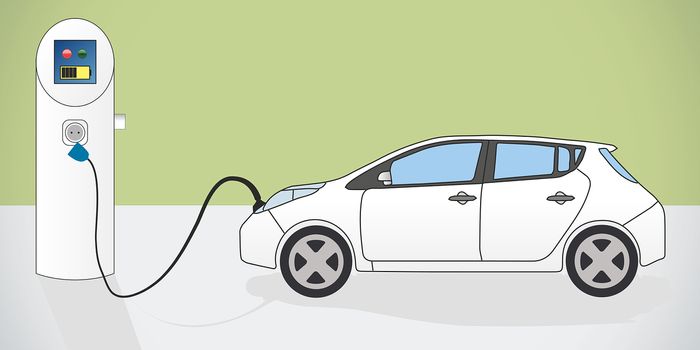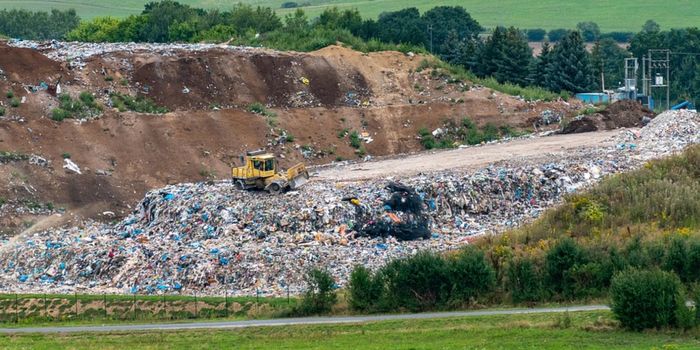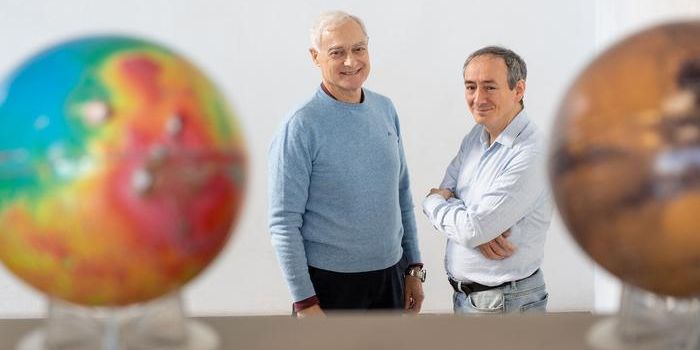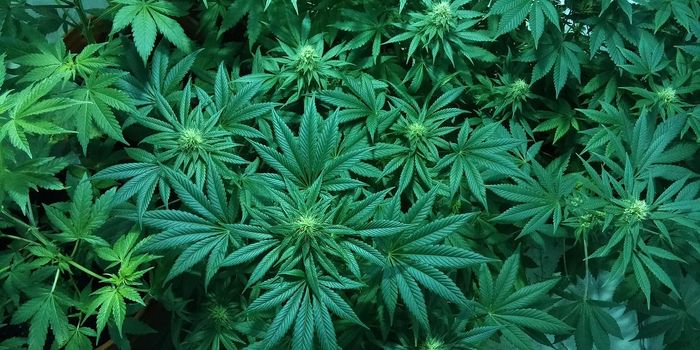Last year at this time a Dutch construction company called VolkerWessels released their plans to build roads from plastics recycled from ocean trash. The roads would require less maintenance than asphalt and would be able to withstand greater extremes of temperature– between -40C and 80C. Roads could be laid in a matter of weeks rather than months and last about three times as long, the company claimed. Additionally, the plastic roads would be lighter, reducing the load on the ground, and hollow, making it easier to install cables and utility pipelines below the surface.

\
At the time, the PlasticRoad project was still at the conceptual stage, and the company hoped to be able to put down the first fully recycled road within three years. Rotterdam, a keen supporter of sustainable technology, had already signalled its interest in running a trial and Jaap Peters, from the city council’s engineering bureau, said: “We’re very positive towards the developments around PlasticRoad. Rotterdam is a city that is open to experiments and innovative adaptations in practice. We have a ‘street lab’ available where innovations like this can be tested.”
So how has the PlasticRoad project progressed this last year?
According to VolkerWessels’
website, not much has been publicized about the project’s current standing. Last year Rolf Mars, the director of VolkerWessels’ roads subdivision, KWS Infra, told The Guardian, “It’s still an idea on paper at the moment; the next stage is to build it and test it in a laboratory to make sure it’s safe in wet and slippery conditions and so on. We’re looking for partners who want to collaborate on a pilot – as well as manufacturers in the plastics industry, we’re thinking of the recycling sector, universities and other knowledge institutions.”
It is uncertain if the project has been able to find those partners, as little can be found about the project since the revealment of its plans. However, at the time of this release, Mars was confident about the idea’s huge potential for future development, such as heated roads or ultra-quiet surfaces. He said: “As far as I know we’re the first in the world [to try this].”
The VolkerWessels
website explains: “The idea was conceived by looking at the problems that municipalities and we as contractors deal with. This includes societal problems, such as waste, combined with alternative materials for roads, as well as the future shortage of oil, which provides the most important component of asphalt: bitumen. Municipalities are looking for roads with little maintenance that last as long as possible. Other significant problems for municipalities are flooding (water storage), consolidations, cables and pipes. For contractors, asphalt is a great and sound product to build roads. However, contractors have to meet more and more demands concerning noise reduction, water permeability, and flatness. These questions and conditions were the inspiration which have led to the idea of the PlasticRoad.”
Hopefully this project will receive support from partners and can move forward.
Sources:
VolkerWessels,
The Guardian,
Dutch News
 \
\







